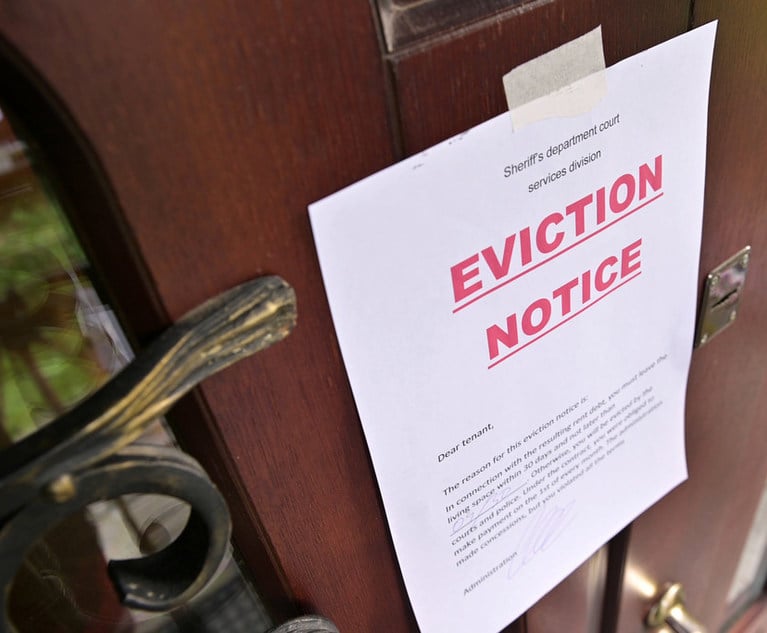Over the past year, when the pandemic has caused a period of turmoil in the commercial real estate market, mortgage lenders have found it necessary to enter into amendments with many of their borrowers in order to avert defaults of their mortgage loans. Lenders, however, need to exercise special care that they do not risk losing lien priority when modifying their loan documents if the property is subject to a subordinate lien at the time of the closing of the amendment. One recent decision issued by New York’s Appellate Division, Second Department, though favorable to the senior mortgage lender, highlights the consequences that may result should a lender fail to exercise caution when modifying their mortgage loans.
In Commodore Factors Corp. v. Deutsche Bank Natl. Trust Co. (189 AD3d 766, 2nd Dep’t., 2020), two individuals obtained a mortgage loan from Aames Funding Corporation in June 2004, which loan was thereafter assigned to Deutsche Bank National Trust Company (Deutsche Bank). Subsequent to obtaining the foregoing loan, the borrowers obtained a second mortgage loan from the plaintiff in September 2004. The plaintiff commenced foreclosure proceedings in 2007 and Deutsche Bank instituted a foreclosure action in 2008. The borrowers filed for chapter 7 bankruptcy in May 2010, during which proceedings the foreclosure actions were stayed and the borrowers were released from personal liability from the loans. The bankruptcy case was terminated in August 2010, and, subsequently, the foreclosure actions were dismissed for lack of personal jurisdiction.


 Jeffrey B. Steiner, left, and Scott A. Weinberg, right
Jeffrey B. Steiner, left, and Scott A. Weinberg, right




